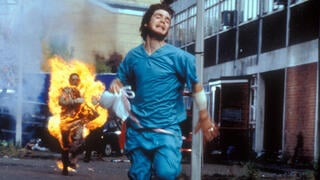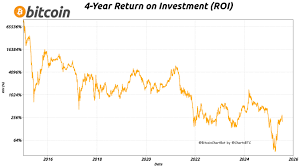
Introduction
’28 Days Later,’ the 2002 British horror film directed by Danny Boyle, has been pivotal in redefining the zombie genre in contemporary cinema. Recognizing its importance offers insights into how the film has shaped popular culture, influenced filmmakers, and altered audience perceptions regarding horror narratives. With themes of isolation and societal breakdown, ’28 Days Later’ reflects deep-seated fears that resonate with modern audiences, making it a subject of continuous discussion nearly two decades since its release.
Background of ’28 Days Later’
The film tells the story of Jim, played by Cillian Murphy, who wakes from a coma to find that a rage-inducing virus has decimated the population of the United Kingdom. The film’s blend of social commentary and horror, combined with gritty realism, set it apart from previous zombie films. Its depiction of a post-apocalyptic London, devoid of life, serves as a powerful metaphor for the fragility of society. Set against the backdrop of a pandemic-like scenario, the movie’s themes resonate even louder in today’s global context.
Influence on the Zombie Genre
’28 Days Later’ redefined zombie lore, steering away from the traditional slow-moving undead to introduce fast-moving infected that heightened the film’s psychological intensity. The film’s innovative approach inspired a wave of subsequent zombie movies and television series, including titles like ‘The Walking Dead.’ Additionally, it revitalized interest in the horror genre, proving that thoughtful, character-driven stories could coexist with terror and violence. Critics noted how Boyle’s use of digital cinematography not only enhanced the visual experience but also confined viewers to the dark realities the characters faced.
Cultural Significance and Legacy
As the film celebrated its 20th anniversary, it became clear that ’28 Days Later’ isn’t just a horror film; it is a cultural commentary reflecting societal issues such as health crises and governmental response to pandemics. The impact of the film extends into discussions on civil liberties and the human condition during crises. Today, educators and filmmakers alike study its storytelling techniques and thematic depth, highlighting the significance of its portrayal of human resilience in the face of despair.
Conclusion
In conclusion, ’28 Days Later’ stands as a landmark film that revolutionized the zombie genre and delivered poignant messages about society, isolation, and survival. As the horror landscape continues to evolve, the influence of ’28 Days Later’ remains relevant, inviting future generations of filmmakers to explore its themes and visual storytelling techniques. As we navigate contemporary crises, the film serves as a mirror reflecting our deepest fears and innate hopes for humanity.



